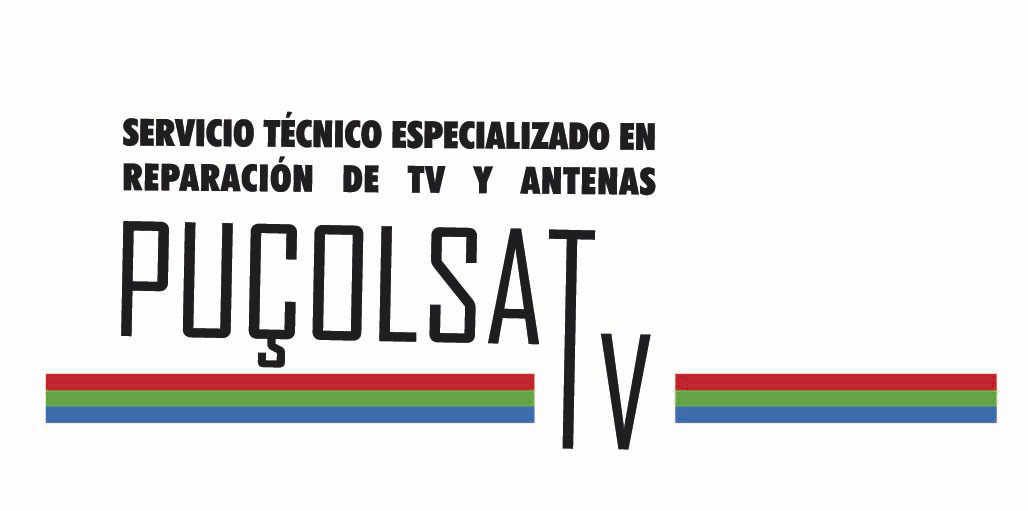Results
Pearson correlations amongst the fundamental research variables (the big Four dimensions, depressive periods, life satisfaction and you will parenthood fulfillment) showed that large amounts of extraversion have been rather coordinated which have high levels of openness to play, lives fulfillment, and lower amounts of depressive symptomatology (find Desk dos). Neuroticism and you can anxiety membership was indeed definitely synchronised. Higher neuroticism including is correlated having lower levels of conscientiousness, agreeableness, lifestyle satisfaction, and you can parenthood satisfaction. Higher amounts of conscientiousness was indeed coordinated that have low levels from depressive symptoms and better degrees of lifetime fulfillment. Also, higher degrees of agreeableness were correlated that have low levels away from depressive attacks and better degrees of life satisfaction. Highest degrees of depressive symptomatology was coordinated that have low levels of life pleasure and parenthood satisfaction.
Pairwise reviews showed that gay guys just who turned fathers by way of surrogacy (Meters = 9
Correlations with the sociodemographic variables that served as controls in our study revealed that being older was significantly correlated with reports of worse physical health (r = ?0.28, p 2 = 0.055. When looking at the univariate effects (see Table 3), life satisfaction significantly differed among the three groups, F(2,176) = 4.827, p = 0.009, ?p 2 = 0.052. Pairwise comparisons revealed that gay men who became fathers through surrogacy (M = 5.31, SD = 1.16) scored significantly higher than heterosexual fathers (M = 4.70, SD = 1.39) on life satisfaction (p = 0.002), with no significant differences between gay men who became fathers through surrogacy and gay fathers who became fathers through a heterosexual relationship (M = 5.18, SD = 1.08; p = 0.161) or between gay fathers who became fathers through a heterosexual relationship and heterosexual fathers (p = 0.804).
Desk step 3. Multivariate Investigation of Covariance of Class (Homosexual Dads due to surrogacy, Homosexual Dads compliment of Heterosexual Relationship, and you can Heterosexual Dads) getting Emotional Well being Concomitants (Many years, Host to Birth, Monetary Reputation, Self-Rated Wellness, Self-Ranked Religiousness, Dating Updates, Quantity of Students, Children’s Indicate Years and you can Children’s Abode Regulated).
Univariate effects also showed that parenthood satisfaction significantly differed among the three groups, F(2,176) = 3.556, p = 0.031, ?p 2 = 0.039. 34, SD = 0.90) scored significantly higher than heterosexual fathers (M = 8.27, SD = 1.72) on parenthood satisfaction (p = 0.018), with no significant differences between gay men who became fathers through surrogacy and gay fathers who became fathers through a heterosexual relationship (M = 8.03, SD = 1.72; p = 0.870) or between gay fathers who became fathers through a heterosexual relationship and heterosexual fathers (p = 0.216). The differences between gay fathers through surrogacy and heterosexual fathers on life satisfaction and parenthood satisfaction remained significant when Bonferroni corrections were applied.
Given that revealed in the Desk step 3, univariate outcomes simultaneously revealed that depressive symptomology don’t notably differed among around three teams, F(dos,step 176) = 1.806, p = 0.167.
To check on the anticipate one gay fathers through surrogacy perform statement high levels of extraversion than just often heterosexual dads or homosexual dads through a heterosexual dating, i held univariate research out of covariance (ANCOVA) which have post hoc pairwise reviews. Investigation category (gay fathers by way of surrogacy; gay fathers that has feel dads owing to a good heterosexual relationships; and heterosexual dads) offered as the separate adjustable, extraversion supported while the centered changeable, and the 9 sociodemographic variables found to help you somewhat disagree amongst the fathers’ organizations (ages, place of beginning, financial standing, self-rated health, self-ranked religiousness Fitness dating app, matchmaking status, level of youngsters, students imply ages, and you can man residency) were utilized because covariates.
The results displayed in Table 4 indicated that extraversion significantly differed among the three groups, F(2,179) = 4.182, p = 0.017, ?p 2 = 0.045. Pairwise comparisons revealed that gay men who became fathers through surrogacy (M = 3.64, SD = 0.72) scored significantly higher on extraversion than heterosexual fathers (M = 2.39, SD = 0.87; p = 0.006). Gay men who became fathers through surrogacy also scored significantly higher on extraversion than gay fathers who became fathers through a heterosexual relationship (M = 3.50, SD = 0.69; p = 0.038). No significant difference was found between gay fathers who became fathers through a heterosexual relationship and heterosexual fathers (p = 0.458). The differences between gay fathers through surrogacy and heterosexual fathers on extraversion remained significant when Bonferroni corrections were applied. However, the difference between gay fathers through surrogacy and gay fathers who became fathers through a heterosexual relationship was non-significant.

